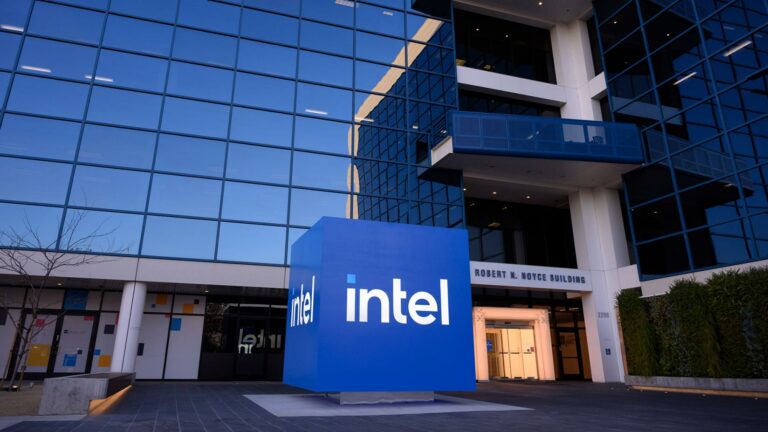Curious eyes have shifted their focus toward Intel amid the numerous cancellations and withdrawals the company announced in the past month. Among these were the tech giant’s Thunder Bay Hybrid SoC, GPU SKUs intended for data centers, and the Rialto Bridge and Lancaster Sound GPU lines.
We reached out to Intel regarding the reasons for these cancellations, however, a spokesperson told us that the company declines to comment.
Scrapped products
After acquiring Movidius in 2016, Intel started the development of a system-on-a-chip (SoC) under the codename Thunder Bay. It combined CPU cores from its Xeon processor with VPU cores from Movidius. Earlier this month, Intel announced the cancellation of this project, despite the fact that it had been in development for almost two years. The corporation will, for the foreseeable future, refrain from developing a CPU-VPU hybrid.
In addition to this cancellation, Intel also canceled one of its GPU SKUs intended for data centers. Following the Max 1550 earlier this year, the 1350 was to be the middle model within the product line.
Furthermore, the Rialto Bridge and the Lancaster Sound are two server GPU lines that Intel won’t further develop. The company will replace these GPU lines with upcoming versions and revisions that have already been designed.
Jeff McVeigh, corporate VP and interim GM of accelerated computing systems and graphics, provided an update on the situation. According to the notice, the company will also discontinue a number of iterations of these products.
Cutting costs
Last year, the tech sector suffered more layoffs than it did even at the height of the COVID-19 pandemic. In an effort to reduce expenses, Intel stated that it was going to lay off hundreds of employees. It also made available the option of three months of unpaid leave for up to 2,000 employees of Intel’s Irish division.
Whether or not Intel will continue to cancel and withdraw products from its side operations remains unknown. As it navigates some of the toughest market conditions in decades, the company is dedicated to focusing on its core skills. Its rivals, including AMD, are capturing more market share.
Read Also: AMD seems to be changing tack; hybrid architecture chips incoming?
